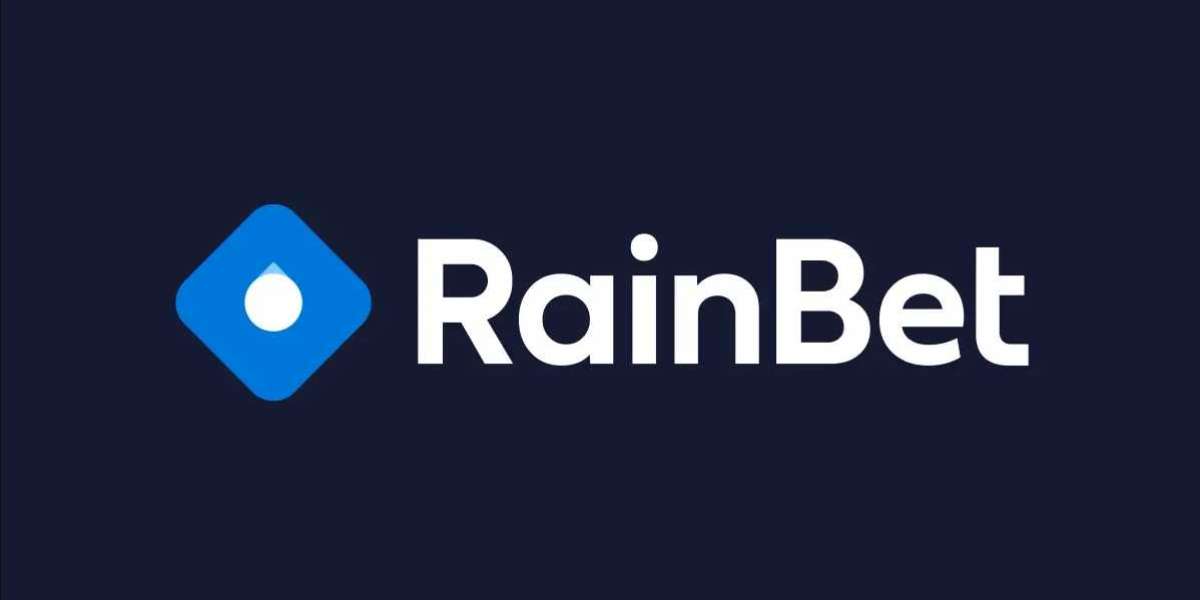nmark is widely recognized for offering high-quality education and a vibrant student life, making it a top destination for international students. Known for its innovative teaching methods, focus on sustainability, and strong research culture, Denmark provides numerous opportunities for students worldwide. However, one of the key concerns for non-EU/EEA students is whether they can study at tuition-free universities. While Denmark does not have tuition-free universities for non-EU/EEA students, there are several alternatives and funding opportunities that can significantly reduce the financial burden.
Tuition Fees for Non-EU/EEA Students
For students from outside the EU/EEA, tuition fees are applicable at most universities in Denmark. The fees typically range from DKK 45,000 to DKK 120,000 per year (approximately €6,000 to €16,000), depending on the program and university. While these fees are higher than those for EU/EEA students, the education quality is world-class, and the benefits of studying in Denmark often outweigh the costs.
Top universities in Denmark, such as Aarhus University, University of Copenhagen, and Technical University of Denmark (DTU), offer a wide range of programs in English, making it easier for international students to study in Denmark without the language barrier. However, despite the high-quality education available, tuition fees are an essential factor to consider when planning for study abroad in Denmark.
Tuition-Free Education for EU/EEA Students
While non-EU/EEA students are required to pay tuition fees, students from EU/EEA countries enjoy a major advantage: they are eligible for tuition-free education. Danish universities provide free education for students from the EU/EEA, which is one of the reasons why Denmark remains a popular destination for EU/EEA students seeking affordable higher education. This exemption does not apply to non-EU/EEA students, who must pay tuition fees to study at Danish institutions.
Funding Opportunities for Non-EU/EEA Students
Although tuition-free education is not available for non-EU/EEA students in Denmark, there are several scholarship programs that can help reduce or cover tuition costs.
Danish Government Scholarships
The Danish Government Scholarship is one of the most prominent funding opportunities for international students. This scholarship covers tuition fees and provides a stipend to help with living expenses. However, it is highly competitive and typically awarded to students from countries outside the EU/EEA based on academic merit and the relevance of their chosen field of study.University-Specific Scholarships
Many universities in Denmark offer their own scholarships to non-EU/EEA students. For instance, Aarhus University, University of Copenhagen, and Copenhagen Business School have dedicated scholarship programs for international students. These scholarships can cover either partial or full tuition fees and sometimes include a living allowance.Private Scholarships and External Funding
In addition to government and university scholarships, there are numerous private foundations, organizations, and external entities that offer funding for international students. These scholarships may cover tuition fees, living costs, or both, and eligibility criteria vary based on the funding source. Popular scholarship platforms such as Study in Denmark list available scholarships that students can apply for.
Part-Time Work Opportunities
Non-EU/EEA students in Denmark are allowed to work part-time while studying. They can work up to 20 hours per week during the academic semester and full-time during breaks. The hourly wage for student jobs typically ranges from DKK 100 to DKK 150, which can help cover living costs or contribute toward tuition fees. Many students take advantage of this opportunity to gain practical work experience while supporting themselves financially.
Conclusion
While Denmark does not offer tuition-free education to non-EU/EEA students, the country provides several funding opportunities that can help alleviate the cost of tuition and living expenses. Scholarships such as the Danish Government Scholarship and university-specific funding programs play a crucial role in reducing financial barriers. Additionally, non-EU/EEA students can work part-time during their studies to further support themselves financially. Top universities in Denmark, such as Aarhus University, University of Copenhagen, and Technical University of Denmark (DTU), offer world-class education with a focus on innovation, sustainability, and research, making Denmark a valuable destination for international students despite the costs involved. By exploring scholarship options and part-time job opportunities, non-EU/EEA students can make studying in Denmark an attainable and rewarding experience.





